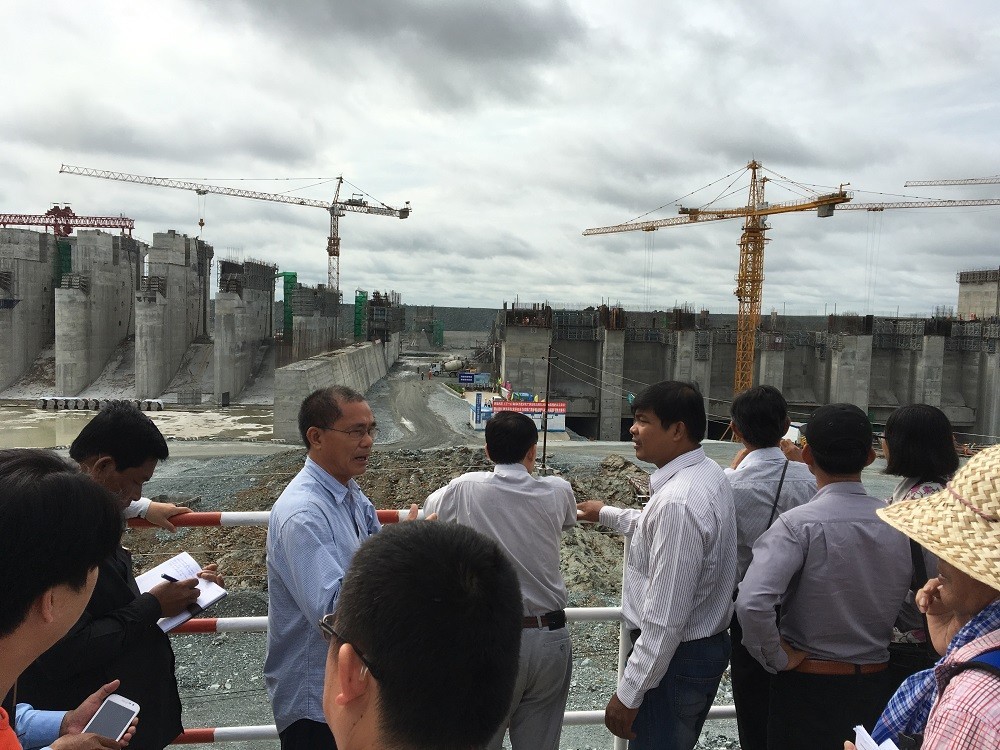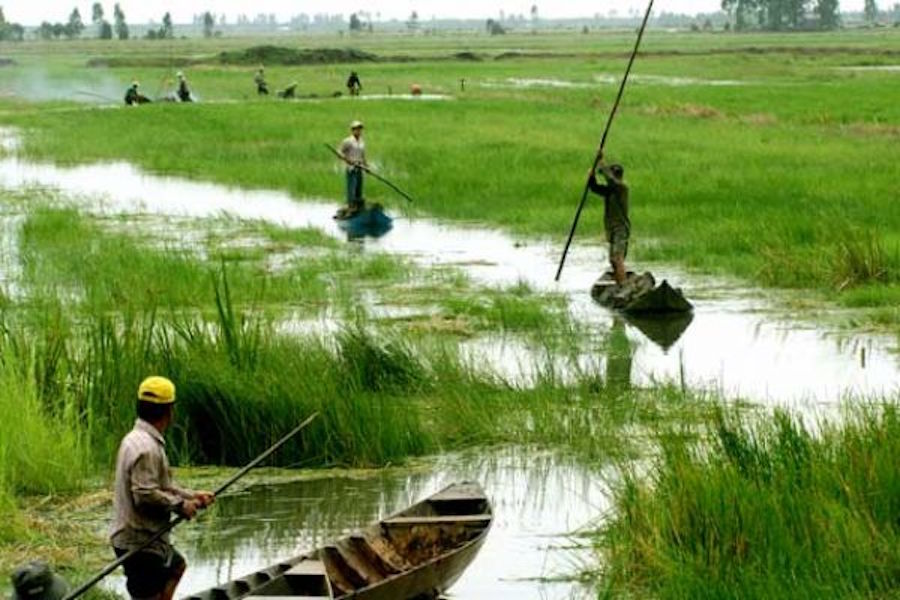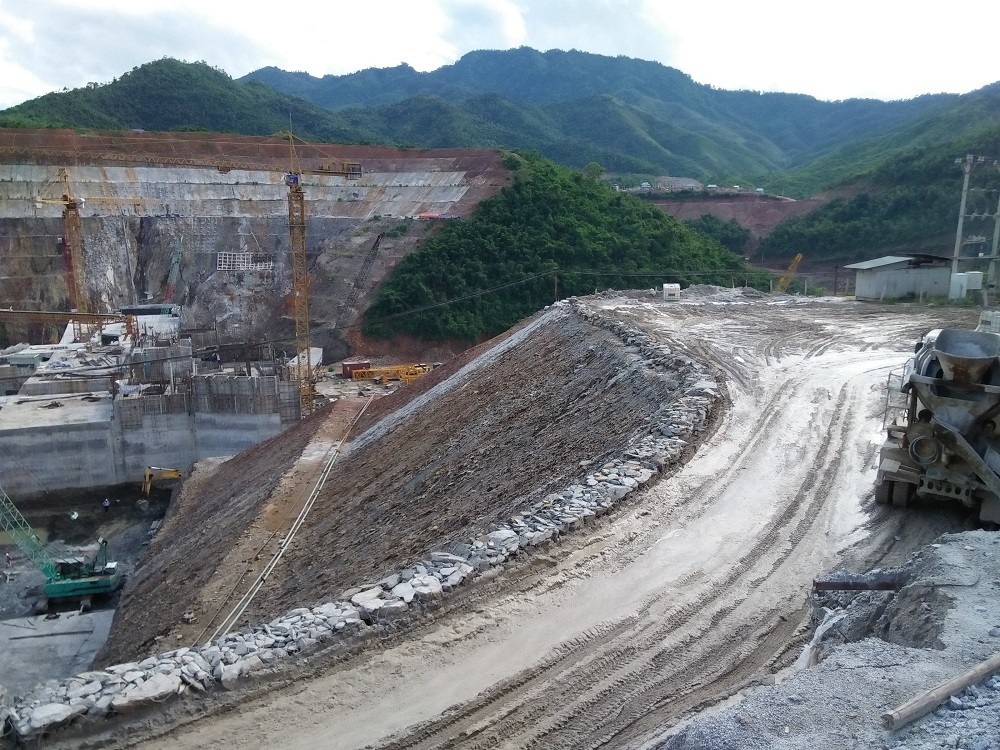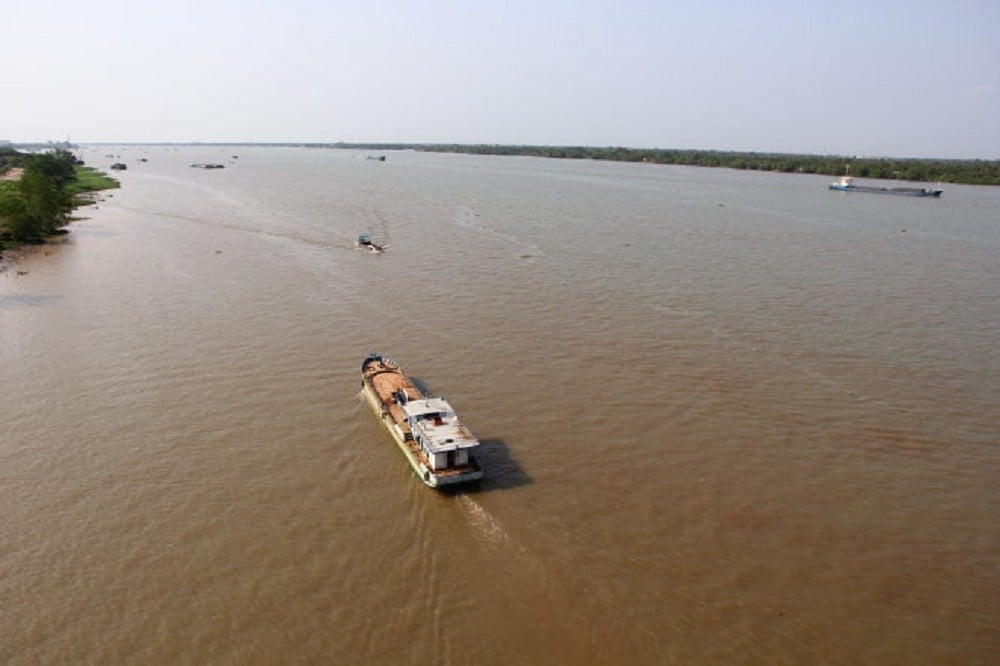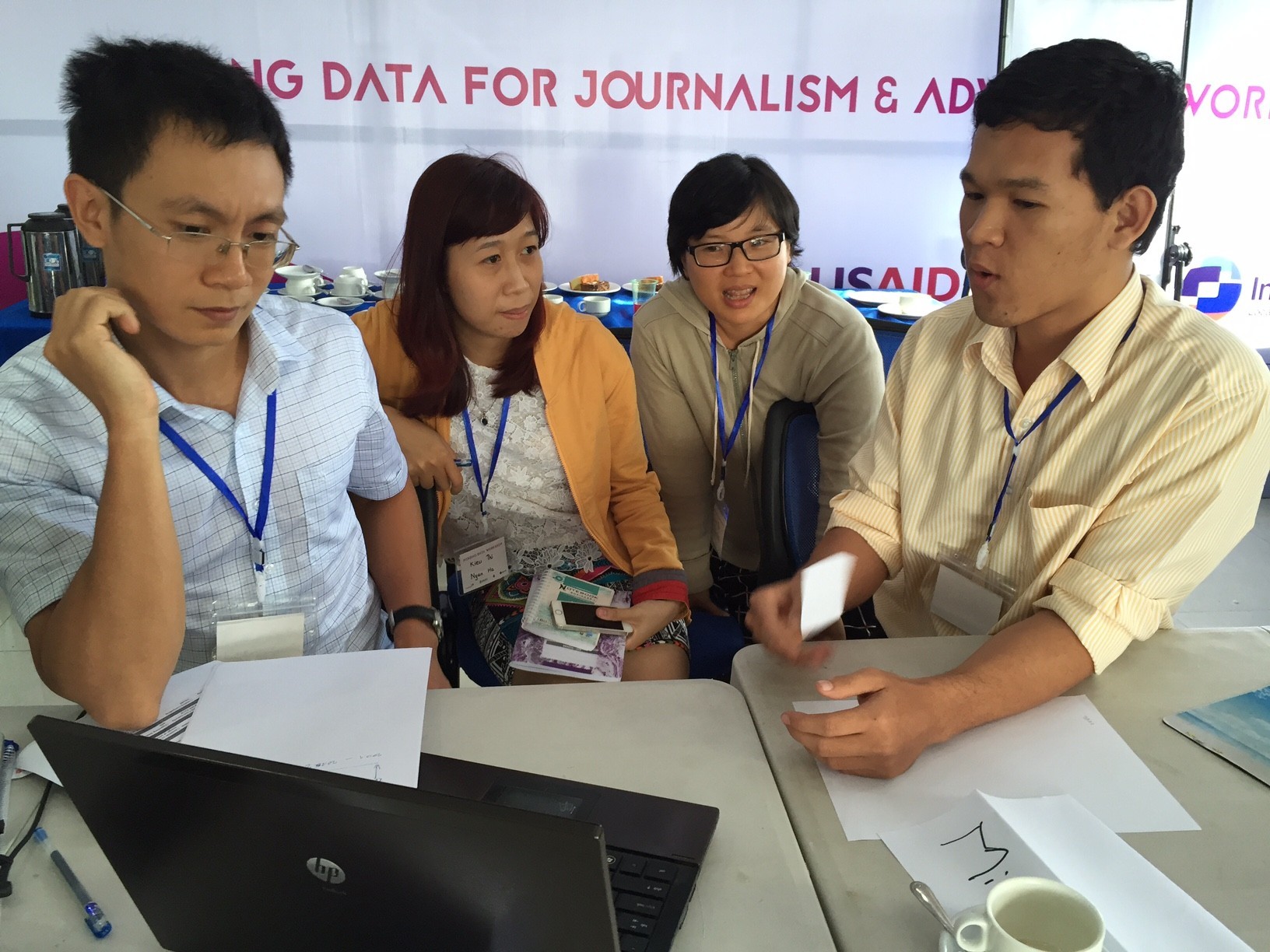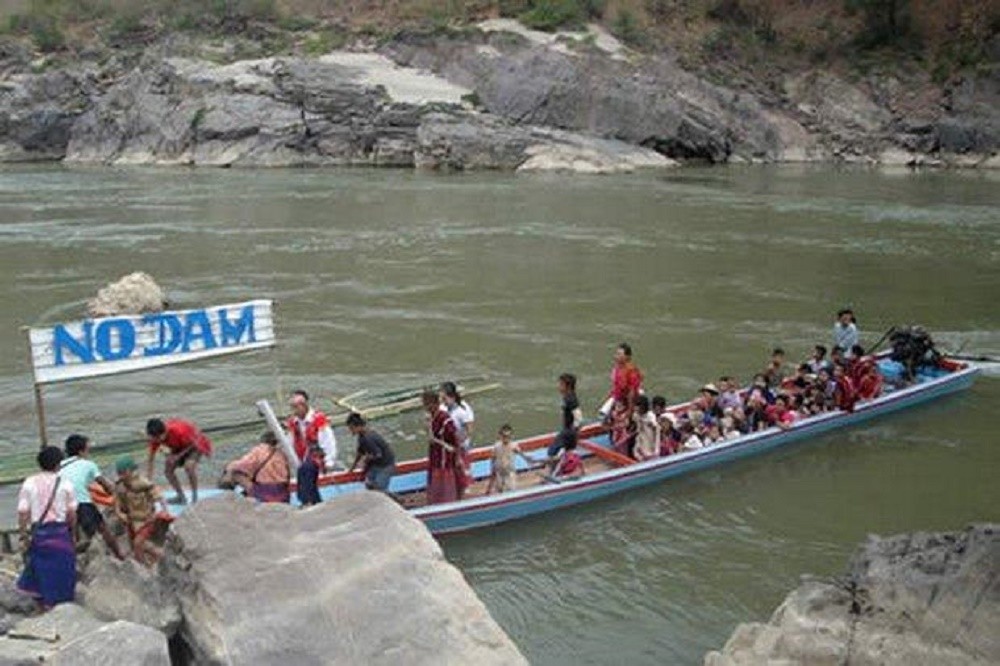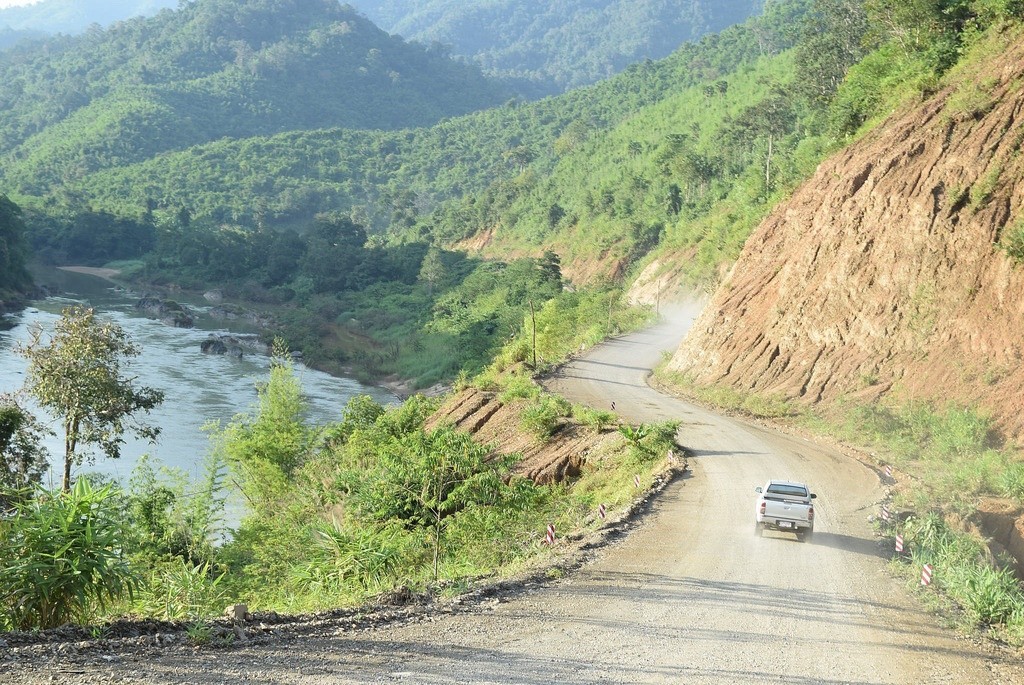Mekong Partnership for the Environment MPE supports work in communities affected by development projects because the success or failure of an Environmental Impact Assessment (EIA) depends on meaningful participation of all key stakeholders. USAID-funded Mekong Partnership for the Environment (MPE) in partnership with NGO Forum on Cambodia (NGOF) trained 21 CSO and community representatives at […]
Category: Region
Selected environmental stories from media outlets in the Mekong region and beyond.
International reports warn about disintegration of Mekong River Delta
A research work by the National University of Singapore on the impact of the Manwan hydropower dam in China in the Mekong Delta showed that 160 million tons of sediment flowed to the delta each year in the past, before the dam was built.
Since the dam was put into operation, the figure has dropped to 75 million tons.
SEZ policy proves a boon for IEAT sales
The Industrial Estate Authority of Thailand (IEAT) says it sold 1,750 rai of developed land in the first half and expects better sales in the second half, crediting the government’s policy to support special economic zones (SEZs).
First-half sales were well above the target of 1,500 rai, said IEAT governor Verapong Chaiperm.
WB, Singapore-based fund invest in Vietnam’s hydropower
IFC and Armstrong, with a combined stake of 36 percent, will take a 16 and 20 percent equity stake in GEC, respectively. For both it is their first investment in Vietnam’s power sector. The investment will help the company expand its hydropower portfolio and invest in other renewable energy segments, such as wind and solar power.
Based in the Central Highland province of Pleiku, GEC joined the Thanh Thanh Cong Group in 2013. With charter capital of 715 billion VND (34 million USD), GEC was one of the largest private sector hydropower players in Vietnam, with 84.4 MW of installed capacity across 15 run-of-the-river small-scale hydro power plants.
Civil society, government, journalists explore transboundary impacts in dialog and webinar events
Mekong Partnership for the Environment CSOs and academics share concerns over impacts of Thai transboundary investments MPE partner Thai Society of Environmental Journalists (TSEJ) held its latest public seminar examining transboundary investment on 13 June 2016. A panel of civil society and academic experts discussed issues around these investment flows in and out of […]
Along the factory-dense rivers of Vietnam’s Mekong Delta
Much as the banks of a river play a crucial role in its ecosystem and purity, what runs along two of the Mekong Delta’s major waterways is a series of non-environmentally friendly industrial plants and factories.
Dubbed the country’s rice basket, the Mekong Delta is the region in southwestern Vietnam where the Mekong River approaches and empties into the sea via a vast network of distributaries.
Of those distributaries, the main branches of the Mekong River in Vietnam are the Hau and Tien rivers, which both play a crucial role in the region’s land and climate conditions.
However, along the banks of these two rivers now exist a number of factories, processing plants and industrial parks.
Data, Development and the Environment: Regional Journalists and NGOs Take on Data Journalism
Mekong Partnership for the Environment With help from Mekong Partnership from the Environment (MPE), the Mekong region now has a new team of skilled regional journalists and NGOs who can bring evidence-based environment stories to their audiences. USAID-funded MPE and Myanmar’s Phandeeyar are training journalists and local NGOs to tell compelling stories with environmental data. At the […]
Aung San Suu Kyi visit is chance to rethink investments
This week’s visit by State Counsellor Daw Aung San Suu Kyi to Thailand appears to hold out hope for Thai state and private investors to revitalise their plans for key investments in Myanmar. Among these projects, the most prominent are the Dawei special economic zone and a cascade of hydroelectric dams on the Thanlwin River.
The road to Dawei is paved with empty promises
Burma’s State Counsellor and Foreign Minister Aung San Suu Kyi will meet with Prime Minister Gen Prayut Chan-o-cha to discuss bilateral issues focused on trade and economic cooperation during her visit to Thailand on 23-25 June. Meanwhile, the Thai government has announced yet again plans to put the long-delayed Dawei Special Economic Zone (SEZ) project higher on its agenda.
In 2012, Suu Kyi visited Thailand on her first trip outside of Burma in 24 years. She met with Burmese migrant workers in Mahachai, Samut Sakhon province, which has the largest migrant community in Thailand. At that time, she promised to do her best to improve the country’s economy so that migrant workers would have jobs to return home to in Burma.
NGOs to oppose megaprojects during Suu Kyi visit
Non-governmental organisations on Tuesday called on Aung San Suu Kyi to put on hold two projects with Thailand during her visit to the country.
As the government is preparing for her first visit to Thailand as foreign minister and state counsellor, 23 non-governmental groups are also making their move against attempts by the host Thailand to ink deals with Mrs Suu Kyi during her three-day trip.
“As one of the leaders in the Myanmar government, we urge you to suspend decisions on any projects, pending the completion of strategic and transboundary impact assessments; and allow people to make informed decisions, ensuring transparent and accountable investments, which mutually benefit both Thailand and Myanmar,” they said in a statement.


